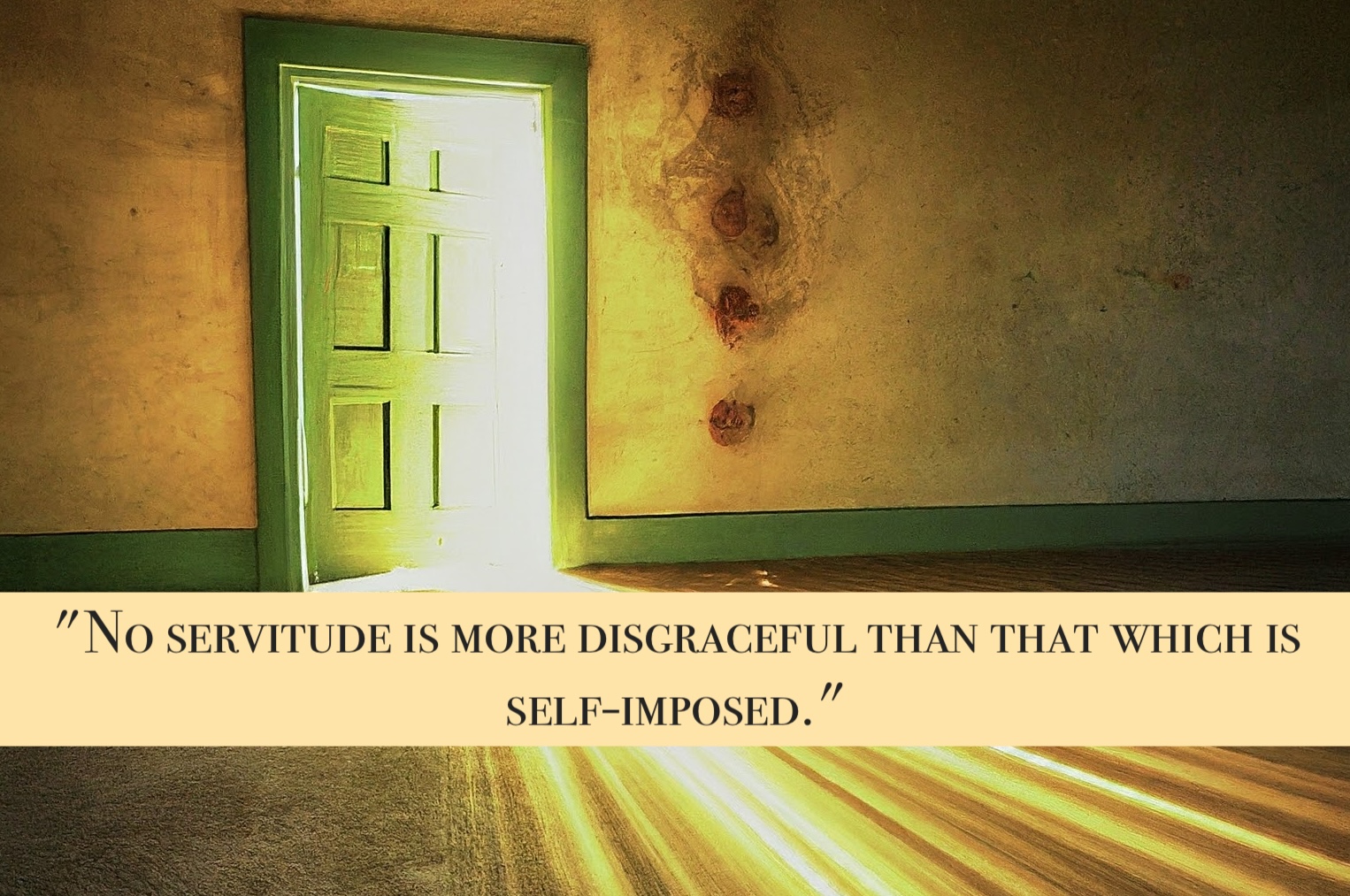Political Capitalism: Biggest threat to Capitalism?
We can't talk about Capitalism without bringing 18th century Adam Smith's "Wealth of Nations." In this book, Adam Smith talks about the division of labor to strengthen the economic system and the importance of capitalism in the development of society. We should not also forget Marx's political theory when we're talking about political capitalism. In 19th century, Marx saw various problem with the Capitalism arguing that the capitalism is making the modern work alienated and insecured as he believed people were having some sort of disconnection between what they do all day and who they feel they really are.
In "The Communist Manifesto", Marx mentioned the following: No private property or inherited wealth, steeply graduated income tax, Centralized control of banking, communication and transport industry and free public education. We also shouldn't forget that this communism was the main cause of revolution in Soviet Union is in 1917 and the growth of Chairman, Mao in China in 20th Century, both resulted in the death of millions.
Throughout the history, the biggest threat to Capitalism has been Socialism. Capitalism was at one extreme and Socialism was at another extreme. But in 21st Century, the data and the history doesn't show that pattern. It turns out that there is a new economic system in the market; it's called the Political Capitalism and it is totally different from the capitalism.
Before talking about the political capitalism, let's define the Capitalism from Max Weber's perspective. According to his definition, following criteria must be met to consider any society a Capitalistic society:
a. A society should be such that most of its production is conducted using privately owned means of production.
b. Most workers are wage laborers. and
c. Most decision regarding production and pricing are taken in a decentralized fashion.
Political capitalism might meet first two criteria, but it lacks third to an extreme.
So, what is political capitalism?
Political capitalism is an economic and political system in which the economic and political elite cooperate for their mutual benefit. It is an economic system in which business controls government more than government controls business. The decision regarding the production and pricing is made by the people has both economic and political influence not by the people who just has an economic influence. This has become the biggest threat to Capitalism.
China has adopted political capitalism since 1990's and Donald Trump becoming president in 2016 is also the sign that America trying to adopt this economic system as well. Not to mention, political capitalism has made China one of the important and strongest economies in the world in 21st century as the data from 1990 to 2016 shows that the annual rate of GDP in China was 8%, while that of America was only 2%.
Does that mean the economy thrive on Political Capitalism?
Not necessarily. Data also suggests that country who shifted from communism to political capitalism benefitted from it like China and Vietnam. We shouldn't also ignore that the rise of fascist (Nazi's in Germany) and world wars due to the political capitalism. This economic system might be good for the developing and underdeveloped countries like the south Asian or African countries, but this might be a really bad game for developed countries. But there exists the biggest challenge to this system which seems to be the corruption as the political party officials being involved to more lucrative jobs as they hold more power to the economic system. If only corruption is eliminated from political capitalism, I think it will be a game changer for small economic and developing countries like Nepal and other South Asian nations. But for the developed countries, is it the biggest threat or the only system for the modern-day economy?



Leave a Reply
You must be logged in to post a comment.